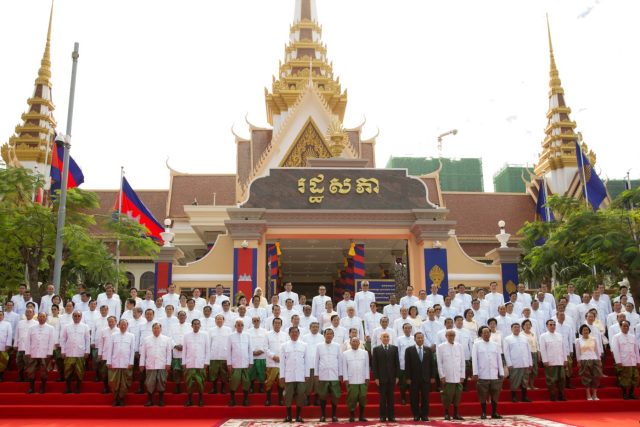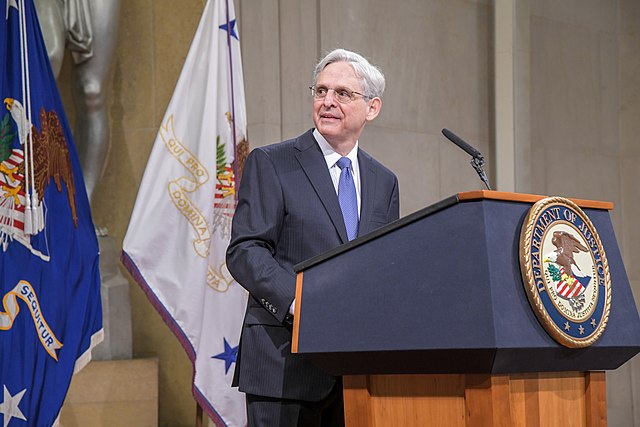A Cambodian court Friday sentenced leading opposition figure Kem Sokha to 27 years in prison for treason. Sokha was accused of developing a “secret plan” in cooperation with foreign organizations to overthrow Hun Sen’s government and was previously arrested in 2017 during a midnight raid involving hundreds of security personnel. The accusations against him have been constantly refuted by him.On the allegation of cooperation with foreigners perpetrated in Cambodia and other locations, Judge Koy Sao announced at the court in Phnom Penh on Friday that Kem Sokha was sentenced to 27 years in jail. Hun Sen, the longest-serving leader in Asia, has long been Kem Sokha’s adversary. Kem Sokha was one of the co-founders of the now-disbanded Cambodia National Rescue Party. The 69-year-old was immediately put under house arrest, where he is not allowed to speak to anyone who is not a family member.According to Kem Sokha’s attorney, Ang Udom, the accused has one month to file an appeal against the jury’s decision and his imprisonment. The court also revoked his voting privileges and prohibited him from running for public office. Several opposition activists and human rights advocates have allegedly been imprisoned by Hun Sen, who is also accused of rolling down democratic freedoms and using the legal system to repress opponents. Rights organizations claim Hun Sen has curtailed democratic liberties and instilled fear throughout the nation.The Cambodian Supreme Court disbanded the CNRP, previously seen to be the only effective challenger to the ruling Cambodian People’s Party, two months after Kem Sokha’s incarceration (CPP). This made it possible for the CPP and Hun Sen to win each of the 125 parliamentary seats in 2018, establishing a one-party system in the nation. Many opposition individuals were found guilty of treason last year, some of them in absentia. This was the latest effort to crush the opposition before elections.Hun Sen ordered the closure of one of the few local independent media sites in the nation last month after objecting to a news item about his son. The trial of Kem Sohka served as an example of the “terrifying issue of the state control of the courts in the country,” according to Chak Sopheap, executive director of the Cambodian Center for Human Rights.




The Most Read
Сryptocurrencies
Bitcoin and Altcoins Trading Near Make-or-Break Levels
Financial crimes
Thieves targeted crypto execs and threatened their families in wide-ranging scheme
Financial crimes
Visa Warning: Hackers Ramp Up Card Stealing Attacks At Gas Stations
News
Capitalism is having an identity crisis – but it is still the best system
Uncategorized
The 73-year-old Vietnamese refugee is responsible for bringing Sriracha to American consumers
Uncategorized
Electric Truckmaker Rivian, Backed By Amazon, Ford, Raises Whopping $1.3 Billion